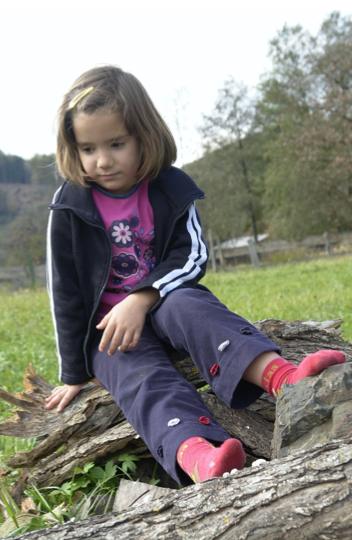
Experiencing a loss is tough and many times we do not know how to manage grief for ourselves, let alone our families. Suddenly our world is turned upside down and no longer seems to make sense. Trying to manage the pain of loss with new responsibilities and challenges can make it difficult to function and even support our families who are also hurting. The grieving process takes time and with some tools and support from others we can begin navigating the journey through grief.
There are many types of losses that are just as devastating as the loss of a loved one. These can include but are not limited to divorce, separation, the loss of a job, illness, ending of Rebecca friendships, changing schools, pets and moving.
These losses can bring about grief responses. As you and your family walk through the grieving process recognize that although there are common grief responses everyone experiences grief uniquely. Some may need less time to process the grief, while others may need longer. Do not be surprised if children regress to past behaviors like wetting the bed, having accidents, acting out, or become clingy. These are all normal responses to loss. Sadness is probably the biggest emotion that relates to grief, but fear, anxiety, and even anger are also normal emotions that may be part of grieving. Grief can be paralyzing at times making it difficult to sleep and focus, thus impacting work or school performance, and many times can lead to isolation or feelings of loneliness.
Tools for Supporting children in grieving process
Be honest
Now that we understand grief responses, what can we do to support those grieving, especially children, who may not have any tools to understand the new emotions and changes happening in their life? The first step is to be honest. Many times, adults avoid talking to children about death, or being honest about what is happening, believing they are protecting the children. Unfortunately, children often know more than we think, and it can be devastating for them to learn information from others, social media, the news, etc. When talking with children about death or another type of loss it is important to carefully select a safe space and an appropriate time to sit with them and explain what has happened or will happen. Expect to have many conversations as the child begins
processing the loss. For younger children there are books like “The Invisible String” or “When Dinosaurs Die” that can help. The conversation should be developmentally appropriate. What is discussed with teenagers should be different from a four-year-old. Younger children between the ages of two through seven have magical thinking and believe death is reversible or temporary. As children grow older, they begin to understand that death is irreversible. Through honest conversation with children about the loss you create an environment of trust which in turn will make your child feel more comfortable coming to you with questions about the loss or what they are experiencing.
Provide Security and Safety
When a loss of any type happens the sense of safety and security changes. What used to be predictable is gone. Children may fear losing other family members and begin to ask questions like “Who will take care of me?” Or “What if you die?” They may even fear dying themselves. One way to help reestablish security is by establishing routines and creating some predictability in a new world that seems to lack any control. Reassure children that you are there for them and that they are safe.
Model Healthy Grieving
One of the best ways to help children through the grieving process is to model healthy grieving. Allow yourself to grieve as a family. Provide a safe space to talk about the person who is gone. When parents and other family members avoid talking about the loss, children think it is a taboo subject and try to manage it on their own. As a family you can create a memorial to honor the person or remember the positive memories you share. Normalize the feelings related to the loss and that it is okay to cry, be angry, or sad. When an anniversary, special date, or a memory brings renewed feelings of sadness years later, remind each other that this is a normal response. Grief is a lifelong event.
Other supports
Sometimes grief is overwhelming and extra help is needed. When children experience a loss the school can be an added support. Notifying the teachers and school counselors adds to the circle of care and can increase a child’s sense of safety and security. The school can also provide support and more resources to the family. In addition, individual or group therapy is another tool to assist families with grief. The grief journey can be long and painful, but with the right tools and people supporting you, you can find comfort and strength along the way.
We at Milestones would love to connect you with one of our skilled, compassionate therapists. For more information about how we can help or to schedule an appointment, please use our contact form or call (443) 574-4295.

Resources

